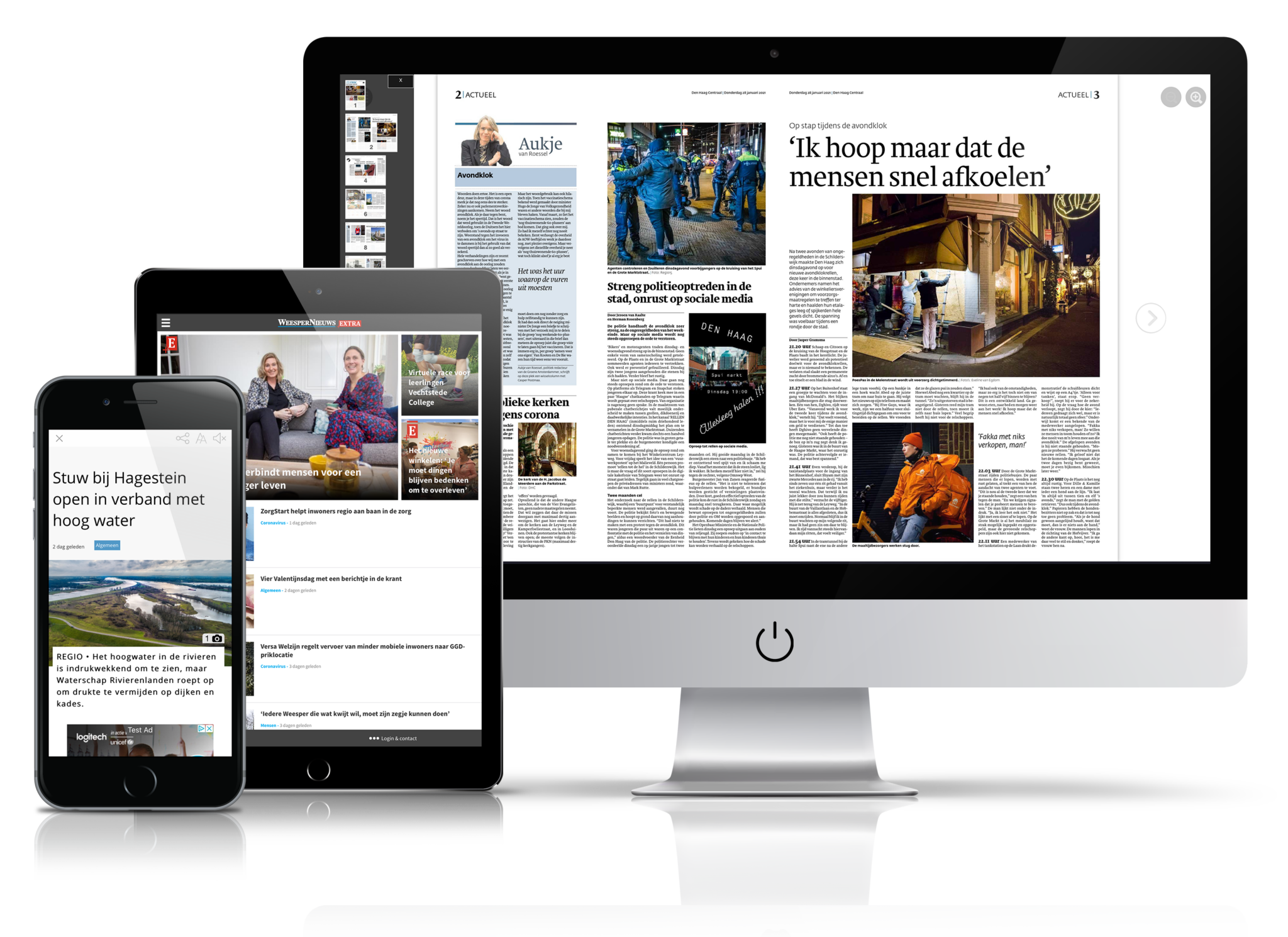Not known Incorrect Statements About News Websites
Not known Incorrect Statements About News Websites
Blog Article
The smart Trick of News Websites That Nobody is Talking About
Table of ContentsHow News Websites can Save You Time, Stress, and Money.Facts About News Websites RevealedThe Best Guide To News WebsitesThe smart Trick of News Websites That Nobody is DiscussingNews Websites Can Be Fun For Everyone
It was down in the UK and Brazil but up a few other countries, such as Greece, Bulgaria, and Poland (News Websites). This year, for the first time, we inquired about the various manner ins which people avoid the news and found that around half of avoiders (53%) were trying to do so in a broad-brush or regular means for instance, by turning off the radio when the news began, or by scrolling past the news in social media sitese.g. scrolling past news, transforming channels when news comes on. of avoiders examine resources much less commonly. e.g. restriction to certain times of day, switching off notices, etc. of avoiders prevent some topics. e.g. topics that bring down mood or rise stress and anxiety. You said that you attempt to actively prevent information.

I'm possibly choosing to find out more light-hearted stories than I used to right now. M, 51, UK Switching my back on news is the only means I feel I can cope sometimes. I need to purposely make the initiative to turn away for my own mental health and wellness.
The Single Strategy To Use For News Websites
Discerning avoidance of Ukraine information was highest in most of the countries closest to the problem, reinforcing searchings for from our added survey in 2014, soon after the battle had actually started. Our information may not suggest a lack of interest in Ukraine from close-by nations but rather a desire to take care of time or shield psychological wellness from the really real horrors of war.
Contrasting Finland with a politically polarised nation such as the United States (see next chart) that is less impacted by the battle, we discover an extremely various pattern of subject avoidance. In the United States, we discover that customers are most likely to prevent topics such as nationwide politics and social justice, where arguments over issues such as sex, sexuality, and race have actually become extremely politicised.
American politics are pretty hazardous nowadays. I locate often that I need to separate from tales that simply make me upset. F, 61, United States For some individuals, bitter and divisive political disputes are a her response factor to switch off information entirely, but also for some political partisans, avoidance is often concerning blocking out perspectives you don't desire to hear.

An Unbiased View of News Websites
Some are looking to make information a lot more available for hard-to-reach groups, expanding the news program, appointing more motivating or positive information, or accepting positive or options journalism that give people a feeling of hope or personal firm. In our survey this year, we asked participants about their rate of interest in these various techniques.
This explains why stories like Ukraine or nationwide politics perform well with news regulars yet can at the very same time transform less interested individuals away (News Websites). Selective avoiders are much less curious about all sorts of information than non-avoiders yet in loved one terms they do appear to be more thinking about favorable or solutions-based information

The smart Trick of News Websites That Nobody is Discussing
2023). This might hold true in the minute, yet over time it appears to be leaving numerous individuals vacant and less pleased, which may be weakening our connection with and rely on the news. Across markets, total count on news (40%) and trust fund in the sources people use themselves (46%) are down by a better 2 percent points this year.
Undoubtedly, via the rear-view mirror, the COVID-19 trust fund bump is plainly visible in the following chart, though the direction of travel later on has been blended. Sometimes (e.g. Finland), the trust increase has been maintained, while in try this out others the upturn looks more like a spot in a story of ongoing long-lasting decrease.
A few of the highest possible reported levels of media objection are found in nations with highest degree of wonder about, such as Greece, the Philippines, the United States, France, and the United Kingdom. The most affordable degrees of media criticism are usually in those with higher degrees of trust, such as Finland, Norway, Denmark, and Japan.
9 Simple Techniques For News Websites
This year we asked respondents regarding their preferences for text, audio and video when taking in news online. Usually, we locate that the majority still favor to check out the information (57%), instead of watch (30%) or listen to it (13%), yet younger people (under-35s) are most likely to listen (17%) than older groups.
Behind the averages we find substantial and surprising nation distinctions. In markets with a strong reading practice, such as Finland and the UK, around 8 in 10 still like to check out on the internet news, but in India and Thailand, around 4 in 10 (40%) state they choose to view news online, and in the Philippines that percentage mores than fifty percent (52%).
Report this page